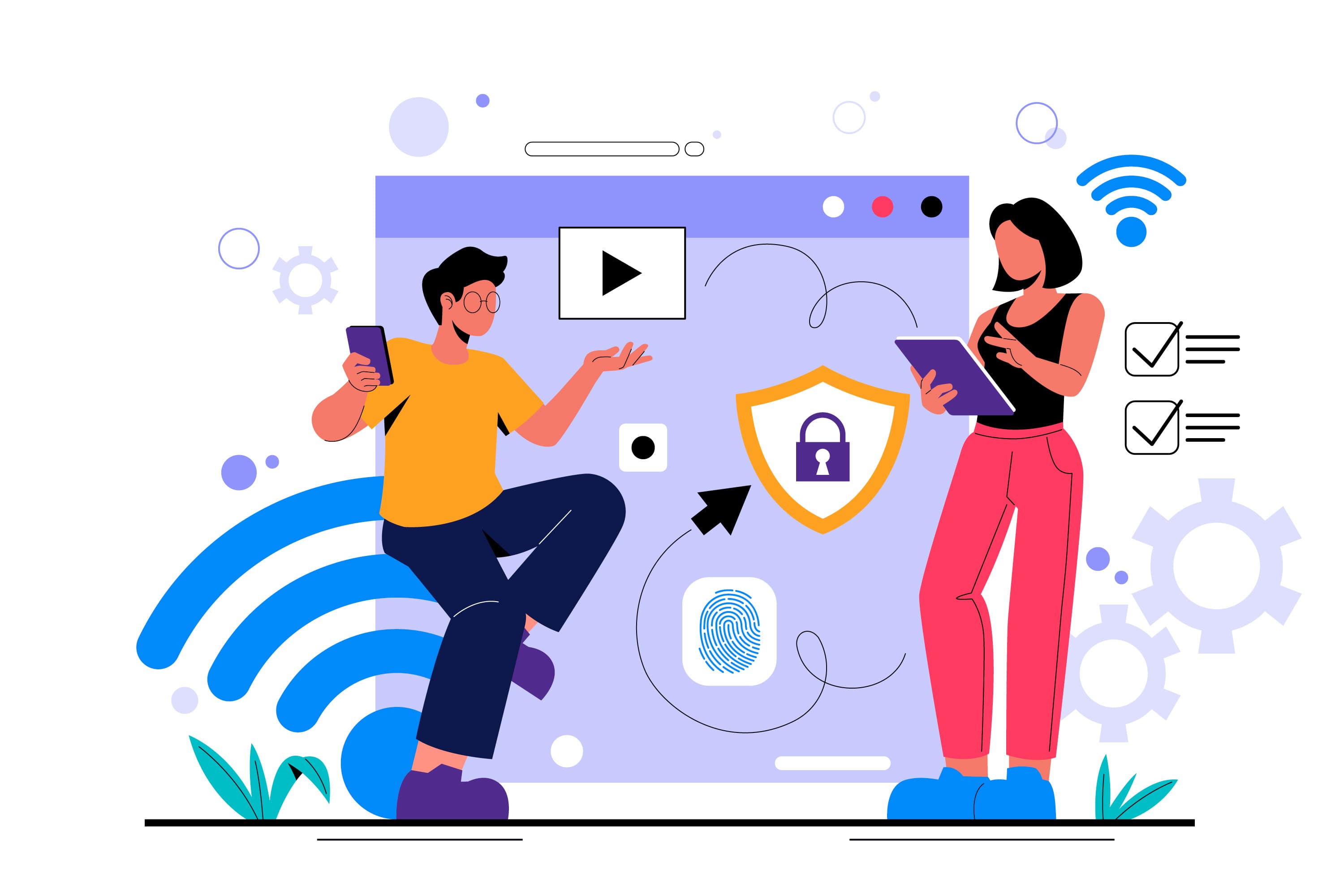IT Support
These Popular Free VPNs All Share the Same Shady Security Practices – Here’s Why
In today’s digital world, online privacy is more important than ever. Many people turn to Virtual Private Networks (VPNs) to protect their browsing data, access restricted content, and stay secure on public Wi-Fi. While paid VPNs often provide strong encryption and clear privacy policies, free VPN services can come with a dangerous catch.

Stay Updated
Subscribe to our newsletter to get the latest insights and updates delivered directly to your inbox.
